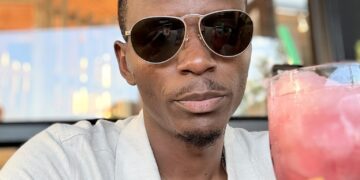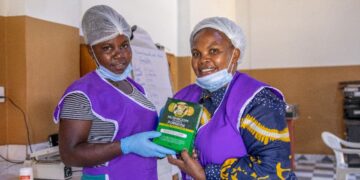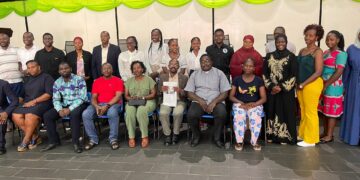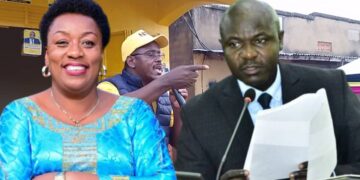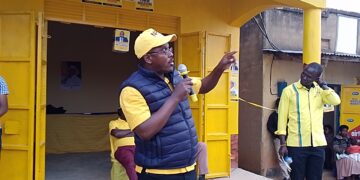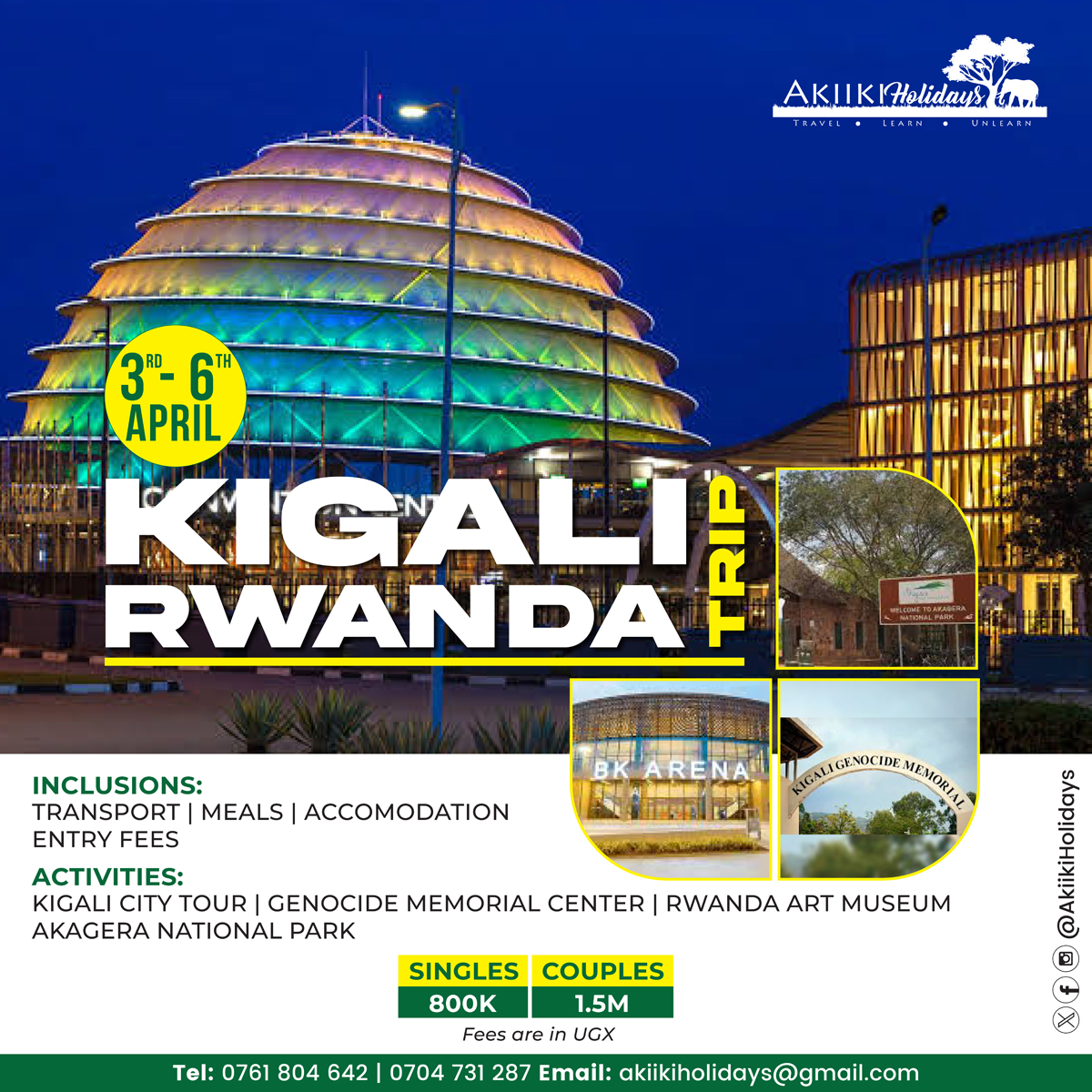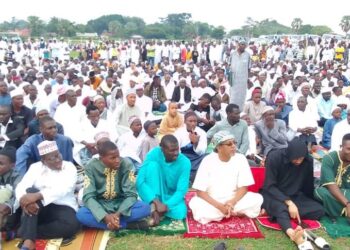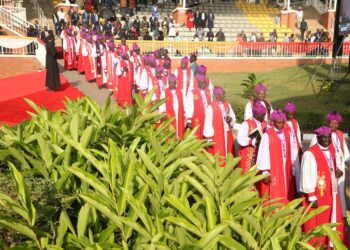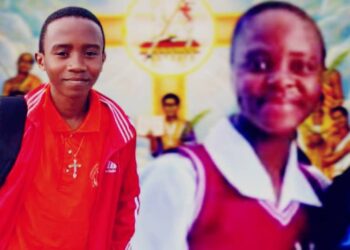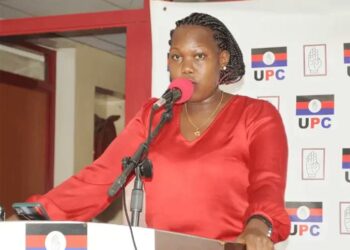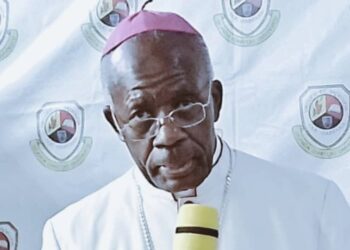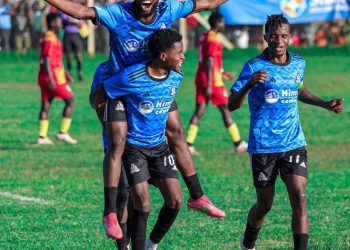By Gilbert Akampa Kakurugu,
Politics
as announced by provisional results released by the country’s electoral commission, Ceni. According to the results, Tshisekedi garnered 73 percent of the votes, while the turnout stood at 43 percent. The announcement was met with skepticism and dismissal by opposition leaders who labeled the election as a “sham”.
In a show of gratitude to his supporters, President Tshisekedi appeared on a balcony at his campaign headquarters, alongside his wife Denise and mother, braving the rain to address the crowds. Clad in a white shirt and cap, the president thanked his supporters and expressed his commitment to serving all Congolese during his second term.
The runner-up in the election was Moise Katumbi, a wealthy businessman, football club owner, and former provincial governor, who secured approximately 18 percent of the votes. The results are expected to be affirmed by the Democratic Republic of Congo’s Constitutional Court on January 10.
President Tshisekedi initially assumed office in January 2019 after a disputed election, which many observers believed he had lost. Martin Fayulu, who alleges that he was robbed of the presidency in the 2018 election, also contested this year’s poll but only received around five percent of the votes. The remaining 20 candidates, including Nobel Peace Prize winner Denis Mukwege, received minimal support, with either one percent or less.
Nine opposition candidates, including Mukwege, Fayulu, and Katumbi, have signed a declaration denouncing the election as a “sham” and calling for a rerun. Fayulu, in a press conference held in Kinshasa, deemed the results as a “masquerade” that should not be accepted.
Political analyst Tresor Kibangula, from the Ebuteli research institute, highlighted that Tshisekedi’s vote tally exceeded all expectations. However, some regions showed irregularities, raising questions about their impact on the overall result.
The announcement of President Tshisekedi’s second term comes amidst a deeply divided political landscape in the Democratic Republic of Congo. It remains to be seen how the international community, as well as the Congolese citizens, will respond to the provisional results and the subsequent confirmation by the Constitutional Court.















